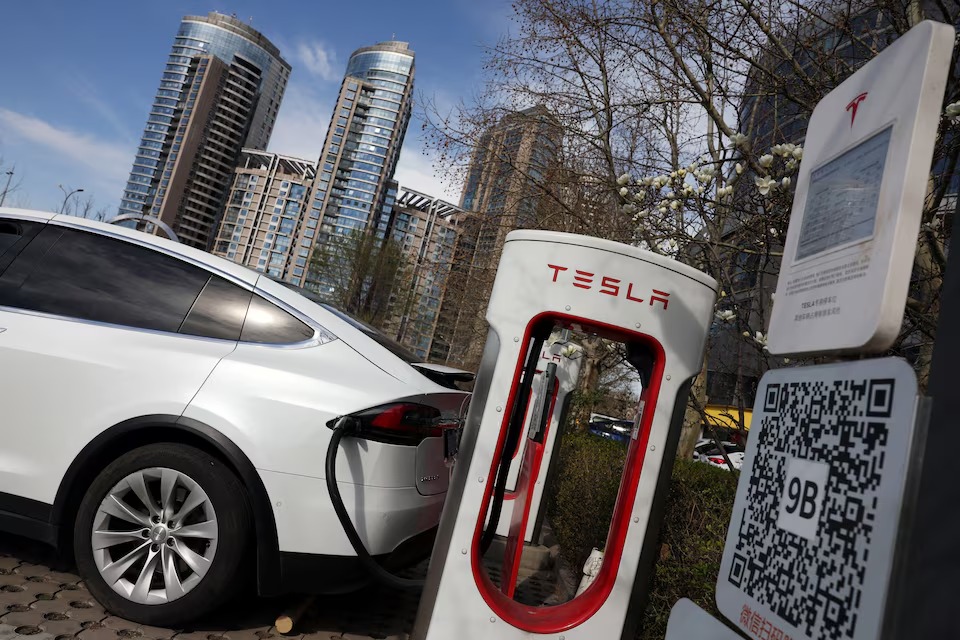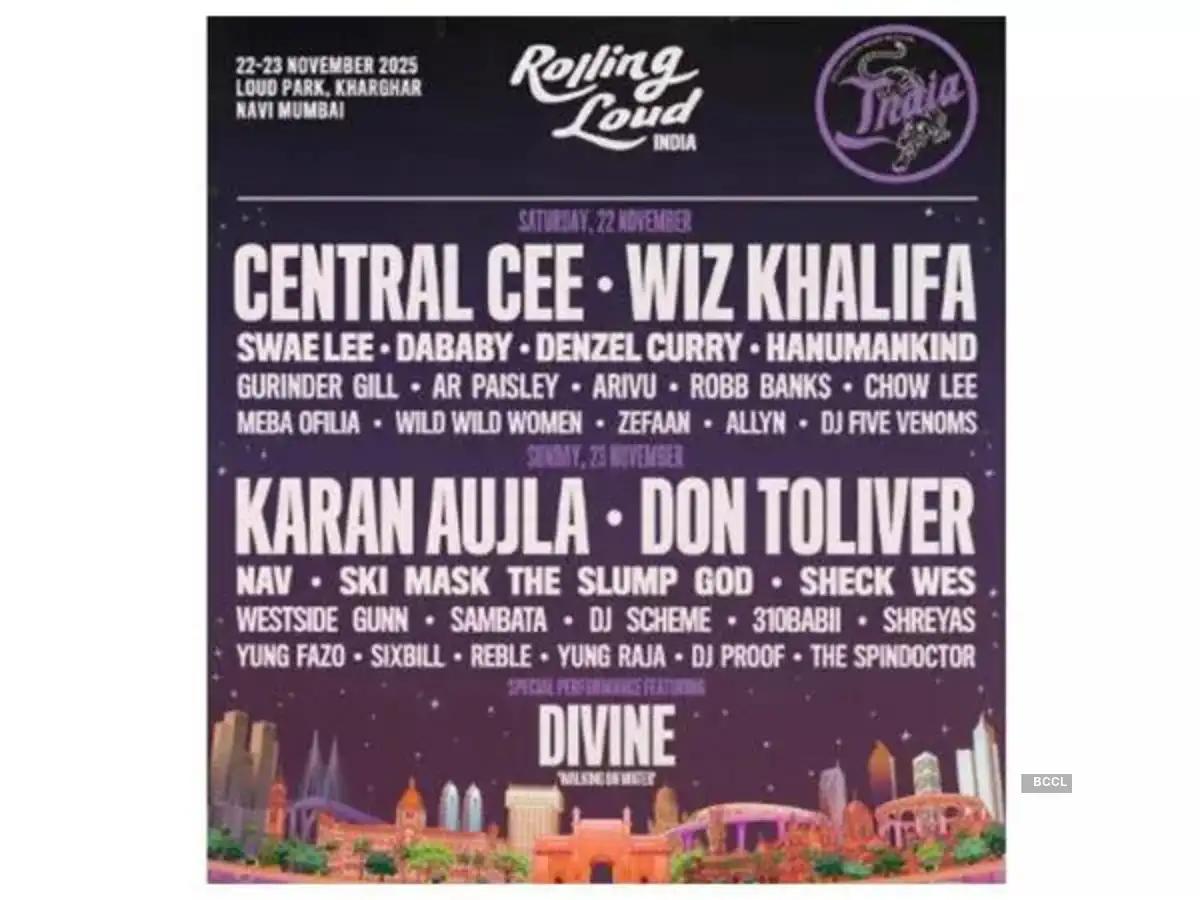 Image Source : Reuters
Image Source : Reuters
In a striking shift within the United States electric vehicle landscape, Tesla’s market share dropped to 38 percent in August 2025, marking its lowest point in nearly eight years. According to exclusive data released by Cox Automotive, the decline reflects intensifying competition from legacy automakers and new entrants, as well as evolving consumer preferences and pricing dynamics. While Tesla remains the dominant EV brand, its once-commanding lead is now under pressure from a rapidly diversifying market.
Here’s a comprehensive breakdown of the latest trends, competitive shifts, and strategic implications for Tesla and the broader EV sector.
Key Highlights From August Market Data
- Tesla’s US EV market share fell to 38 percent, down from 44.7 percent in Q2 2025 and 46 percent in Q1
- This marks Tesla’s lowest monthly share since late 2017, when it was still ramping up Model 3 production
- General Motors, Hyundai, and Volkswagen posted significant gains, narrowing the gap with Tesla
- EV sales surged overall in August as buyers rushed to capitalize on federal tax credits before their September 30 expiration
- Tesla’s Model Y and Model 3 remained top sellers but faced volume erosion from competitive pricing and new launches
Competitive Landscape And Brand Movements
Tesla’s decline in market share is not due to a drop in absolute sales but rather the rapid growth of rival brands. General Motors more than doubled its EV volume in the first half of 2025, with Chevrolet emerging as the second-best-selling EV brand. Hyundai and Volkswagen also posted triple-digit growth, driven by aggressive pricing, new model introductions, and expanded dealer networks.
- Chevrolet Equinox EV and Blazer EV gained traction among mid-market buyers
- Hyundai’s Ioniq 5 and 6 continued to perform strongly, supported by favorable lease terms
- Volkswagen’s ID.4 surged 454 percent year-over-year, climbing to sixth place in EV sales volume
- Luxury brands like Audi, BMW, and Mercedes-Benz posted double-digit growth, signaling strength in the premium segment
Tesla’s Challenges And Strategic Adjustments
Tesla’s dip comes amid a series of operational and reputational challenges. The company paused Model Y deliveries in Q1 to transition to a refreshed version, while retail disruptions and political backlash against CEO Elon Musk affected brand sentiment. Despite these hurdles, Tesla’s two mainstream models still outsold the next eight EVs combined in Q2.
- Model Y logged 86,120 units sold in Q2, followed by Model 3 at 48,803
- Tesla’s revenue declined 12 percent in Q2, following a 9 percent drop in Q1
- Incentives reached record highs, averaging 14.8 percent of transaction prices, or roughly Rs 7 lakh per vehicle
- Tesla is expected to respond with refreshed models, expanded service infrastructure, and pricing recalibrations
Policy Influence And Consumer Behavior
The looming expiration of federal EV tax credits has significantly influenced buyer behavior. August saw a surge in EV purchases as consumers rushed to qualify for incentives, lifting overall market share and compressing Tesla’s relative dominance. Inventory levels tightened across brands, with days’ supply falling sharply.
- New EV days’ supply dropped to 87 days in July, down 32.3 percent month-over-month
- Used EV sales rose 23.2 percent, with Tesla leading but losing share to Chevrolet and Ford
- Buyers are increasingly price-sensitive, favoring brands offering sub-Rs 30 lakh models with high feature value
Outlook For Q4 And Beyond
While Tesla’s August performance signals a shift in market dynamics, the company remains a formidable force in the EV space. Analysts expect a rebound in Q4 as refreshed models hit showrooms and new incentives are introduced. However, the era of Tesla’s unchallenged dominance appears to be waning.
- Q3 is expected to close with record EV sales due to tax credit expiry
- Tesla’s share may stabilize around 40 percent, depending on competitive responses
- The broader EV market is projected to grow at a CAGR of 12 percent through 2030, with multiple brands vying for leadership
Conclusion: A Market Matures, A Leader Adjusts
Tesla’s dip to 38 percent market share in August 2025 marks a pivotal moment in the evolution of the US EV market. As competition intensifies and consumer preferences diversify, Tesla must adapt to maintain its leadership. The coming months will test its agility, innovation, and brand resilience in a sector that’s no longer defined by a single player.
Sources: Cox Automotive EV Market Monitor CarEdge Q3 EV Market Guide, Teslarati Q2 Sales Analysis
Advertisement
Advertisement




